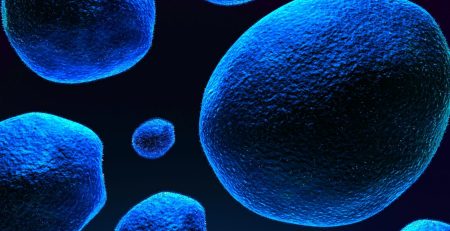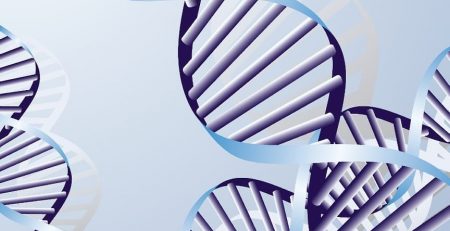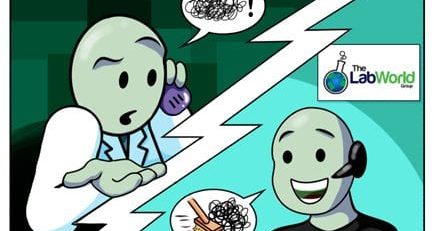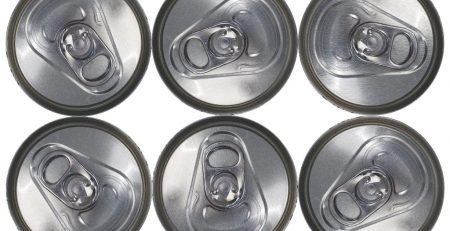Research Shows Promising Treatment for Type 1 Diabetes
New research out of Uppsala University in Sweden shows promising progress for the treatment of type 1 diabetes in mice, according to a release published by the university. The study, published in Scientific Reports, researchers injected mice that had type 1 diabetes with an anti-inflammatory cytokine (interleukin-35, a protein made by immue cells), and found that this reverses or cures the disease by “maintaining a normal blood glucose level and the immune tolerance,” the release stated.
According to the CDC, 29.1 million people, or 9.3% of the population, have diabetes in the US. In Sweden, approximately 2 new cases of type 1 diabetes (T1D) are diagnosed every day. Diabetes occurs when blood glucose levels are about normal because “your body either doesn’t make enough insulin or can’t use its own insulin as well as it should. This causes sugar to build up in you blood,” according to the CDC. While the exact cause of type 1 diabetes is not known, the disease occurs when the individual’s own immune system mistakenly attacks and destroys healthy cells.
PhD student Kailash Singh of Uppsala studied the immune regulatory T cells’ actions in T1D mouse models. He found that the immune regulatory T cells alter their function by producing pro-inflammatory, rather than anti-inflammatory proteins (such as interleukin-35 (IL-35)) under T1D conditions. He also found that IL-35 concentrations were lower in T1D patients compared to healthy individuals.
The research team induced mice with T1D, and then IL-35 after the onset of diabetic symptoms. The IL-35 injections normalized the blood glucose concentrations in the affected mice. They also successfully tested this treatment method on another group of non-obese diabetic mice. The interruption of IL-35 treatment did not result in a return of diabetes in either case.














